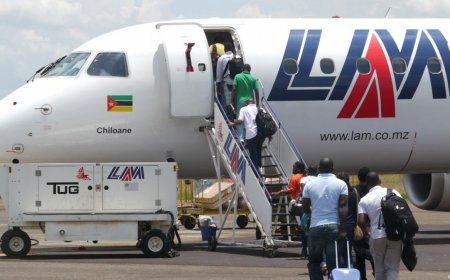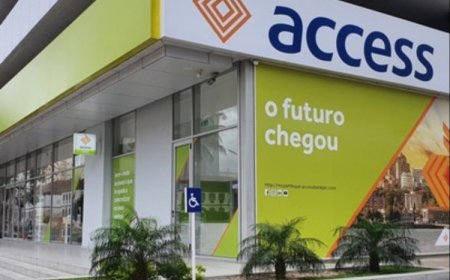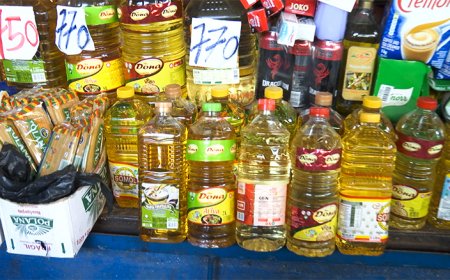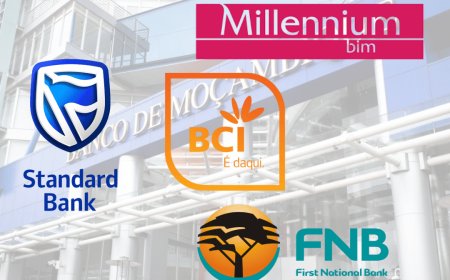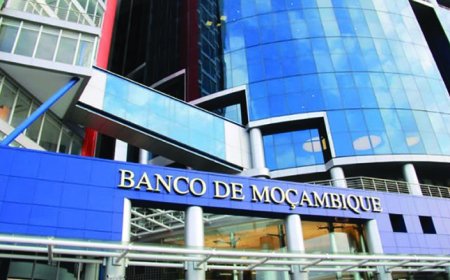Mozambique to pay over 1 billion meticais in domestic debt by 2026
The financial rating agency Standard & Poor's (S&P) warned today that Mozambique will face significant domestic debt payments amounting to over €1 billion in the coming years, posing substantial economic challenges for the country. This projection comes amidst a fragile economic backdrop exacerbated by the hidden debt scandal.
The increase in Mozambique's domestic debt resulted from its exclusion from international financial markets following the discovery of undisclosed loans contracted without the knowledge of Parliament and international donors. This forced the government to turn to domestic borrowing to fund public expenditures.
In addition to domestic debt obligations, Mozambique must also manage the rising interest rates on its external debt, particularly the Eurobonds. The interest on these bonds, which doubled this year, represents an increasing burden on the Mozambican state. The coupon on the Eurobonds maturing in 2031, which was previously 5%, rose to 9% this year, pushing annual payments from $47 million (€44.1 million) to $81 million (€76 million) by 2028. From 2028 to 2031, the annual payments will further rise to $225 million (€211 million), according to S&P analysts.
In an interview with Bloomberg, Leon Bezuidenhout noted that the local financial system still has the capacity to absorb new debt issuances, although interest rates remain extremely high. Bezuidenhout also warned that the situation will require political commitments from the government to manage the economic challenges ahead.
Despite these hurdles, the International Monetary Fund (IMF) projects economic growth of around 5% for Mozambique this year. However, the country's public debt, expected to reach 97.5% of GDP, severely limits the government's ability to incur additional debt due to an ongoing financial adjustment program, which mandates that 20% of tax revenues be allocated to debt servicing.
The high level of public indebtedness remains one of Mozambique's major economic concerns, with the country's credit rating still at CCC, indicating it is in non-investment grade territory, commonly referred to as 'junk'.


